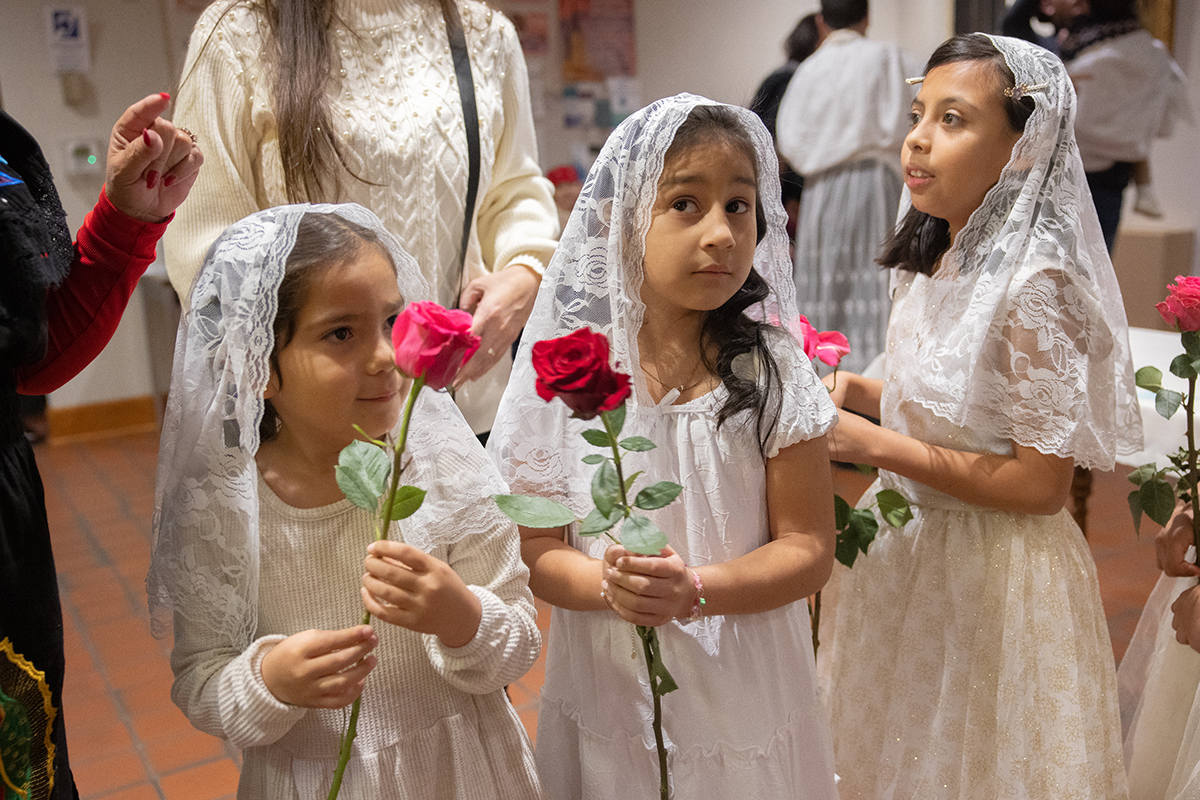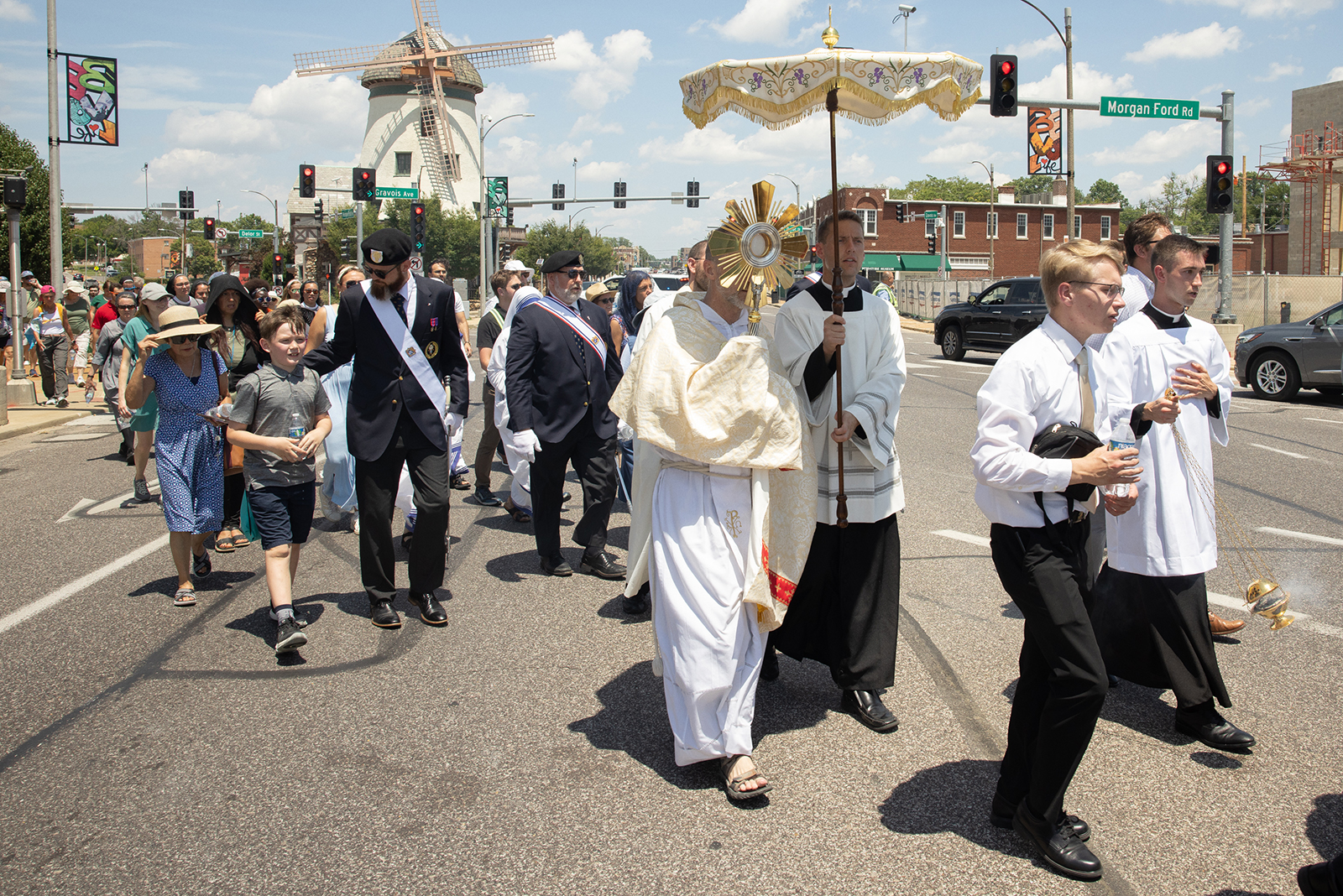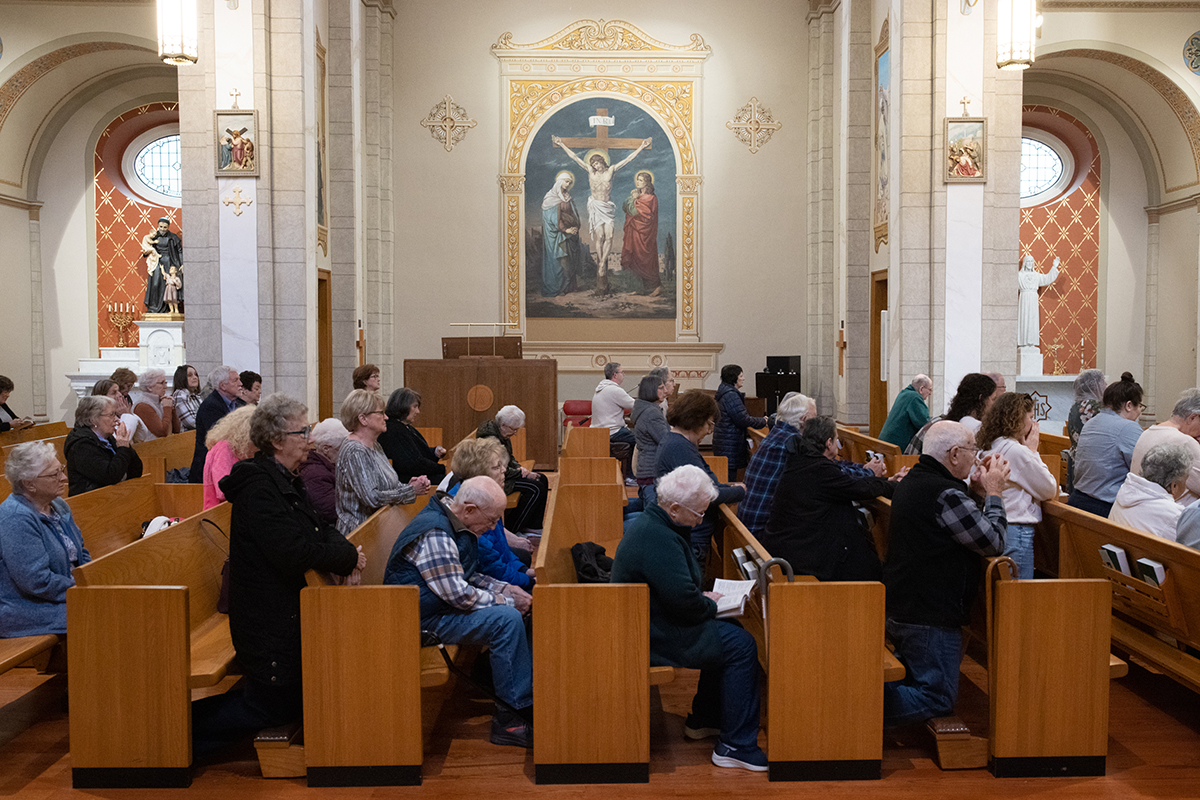Victory for Catholic groups that challenged St. Louis City ordinance
A federal court recently recently ruled that a St. Louis City ordinance intended to make the city a “sanctuary city” for abortion is unconstitutional.
In a decision issued Sept. 30, Judge Audrey Fleissig of the U.S. District Court for the Eastern District of Missouri found that the ordinance violated the First Amendment rights of Our Lady’s Inn and the archdiocesan elementary schools of St. Louis by compelling the pregnant women’s home and the group of Catholic grade schools “to employ or house individuals who advocate for or perform abortions,” practices that are contrary to the missions of both organizations.
A lawsuit was filed in May 2017 by the Thomas More Society on behalf of Our Lady’s Inn, archdiocesan elementary schools, O’Brien Industrial Holdings LLC and Frank Robert O’Brien. The suit noted that St. Louis City ordinance 70459 (formerly known as Board Bill 203) violated religious freedom under the U.S. constitution and several Missouri laws. It also asserted that the ordinance extended a protected class status based on “reproductive health decisions,” requiring pro-life organizations to hire abortion proponents and rent to abortion clinics and required non-religious employers to cover or pay for abortions through their employee health plans.
“I speak on behalf of the entire Archdiocese of St. Louis when I thank the Thomas More Society, and all who seek to protect the individual rights of all members of our society — both born and unborn,” Archbishop Robert J. Carlson wrote in a statement. “The attempt to make St. Louis a ‘sanctuary city’ for abortion has been found to be unconstitutional and in violation of the Missouri Religious Freedom Restoration Act by The United States District Court for the Eastern District of Missouri. With this ruling, for which we are grateful, our great city follows in the footsteps of its patron, St. Louis King of France, in its protection of the weak from the strong.”
Fleissig noted that “the forced inclusion of individuals who do not share Our Lady’s Inn’s commitment against abortion would significantly affect the ability of Our Lady’s Inn to advocate for its services and encourage women to forgo abortion.” She also found the housing and employment provisions of the ordinance unconstitutional as applied to the archdiocese and its schools, noting that the “forced inclusion of teachers or other staff who do not adhere to (their Catholic, pro-life) values would significantly affect the Archdiocesan Elementary Schools’ ability to advocate their viewpoints, through its teachers and staff, to their students.”
Additionally, Fleissig found that the ordinance was unlawful as applied to Frank O’Brien, CEO of O’Brien Industrial Holdings, because it interfered with his “exercise of religion” under the Missouri Religious Freedom Restoration Act. She recognized that the ordinance “fails to exempt employers like the O’Brien plaintiffs from providing health care benefits covering abortion, contraception, or sterilization, in direct violation of the Missouri Act.”
“This law that claims to protect abortion supporters from discrimination is actually an attempt to suppress the viewpoint of those who believe that abortion is harmful or wrong by making it impossible for them to operate in accordance with their beliefs within the City of St. Louis,” Thomas More Society special counsel Sarah Pitlyk said in a statement. “We are especially pleased with the Court’s acknowledgement that there is no evidence whatsoever of the kind of discrimination that this ordinance purports to address, because it exposes the law for the sham that it is. It’s unfortunate that it took a lawsuit to vindicate the fundamental rights of St. Louis citizens, but the St. Louis Board of Aldermen has now been made aware that it is unconstitutional to require pro-life organizations to hire or rent property to abortion proponents, and that it is illegal to require pro-life employers to include abortion coverage in their employee health plans.”





